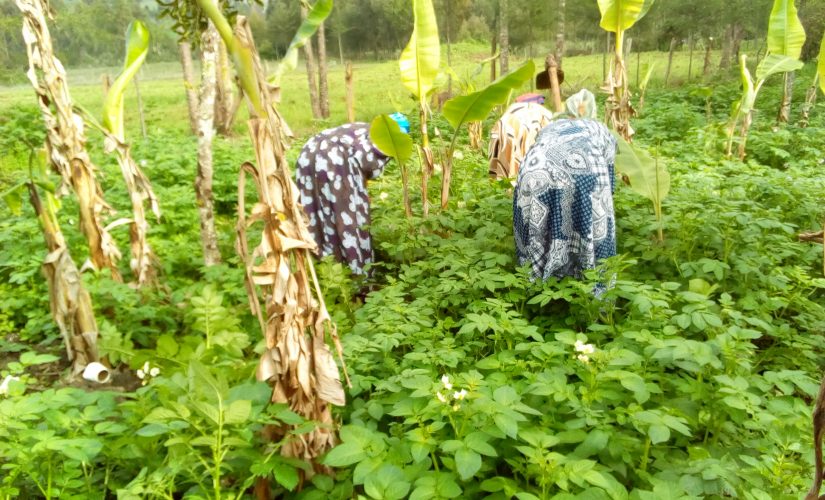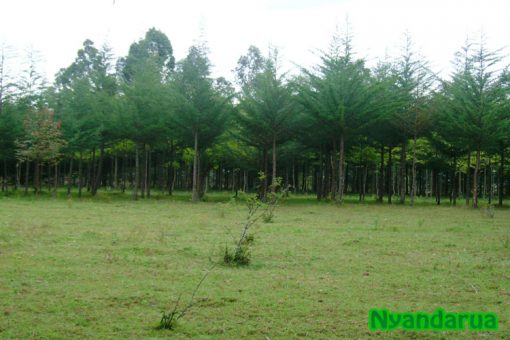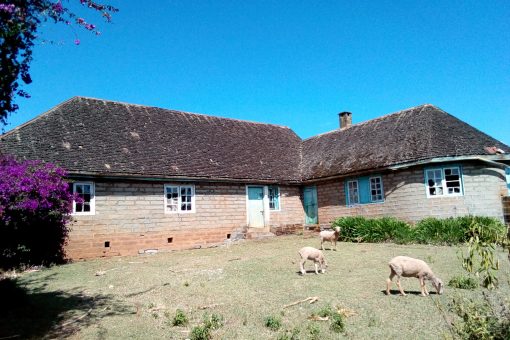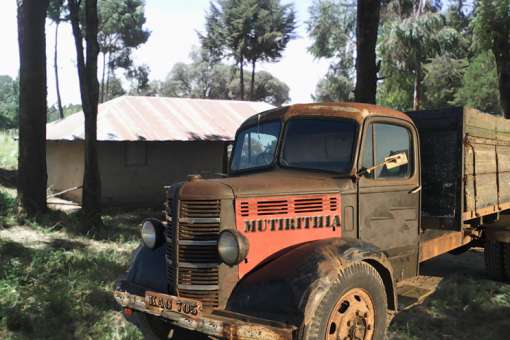Like I mentioned in the previous post, this situation was not unique to my family. There were a few other women who were running their farms and raising their children with absent husbands just like my mother was doing. Society back then did not recognize the power of such women and neither did they. Women were always relegated to supporting roles, never fully acknowledged for their enormous contribution.
While still in Gikuyu, my mother had raised my older siblings single handedly for seven years as our father was sent to political detention at the height of the state of emergency that was imposed on the natives by the cowardly colonial government, at the culmination of the fight for our country’s independence.
My mother, like so many other young mothers of her time, raised their children and kept their families strong, not knowing if their husbands would ever return. Telephone and postal mailing services were not widely available to the native Kenyans nor were they affordable to them due to the economic oppression meted on them by the colonists. If one had an important message to deliver, it had to be done in person, by physically traveling to the intended location, but bear in mind, there was a travel restriction imposed on native Kenyans limiting their freedom of movement considerably. You can therefore imagine what our mother’s endured when their husbands were taken away without notice. They had no idea where their husbands were taken, whether they were killed or spared, whether they were taken to detention camps or not and if so, where? That was our young mother’s reality that stretched out for days, months, sometimes years. But they held on to hope in the face of that adversity and uncertainty. They kept their matrimonial homes intact, maintaining the family honor, giving their detained husbands a home to return to after their release. I believe that is why fathers like mine were confident enough to move their young wives and children to OlKalou less than two years after independence. My father knew he could leave the running of the massive land to his very capable wife who had already proven her worth in the seven years he was away in detention.
A lot of women had been in similar circumstances and they were now breaking ground and changing the face of OlKalou one crop season at a time. They were bold, seasoned and confident. They could handle any situation that came their way. That is my definition of bravery.
When I think of the part my mother played in raising us, developing a virgin land into a money maker and ably stood up in the community as the family representative, I cannot help but feel overwhelming respect for the powerful woman that she is and has always been.




